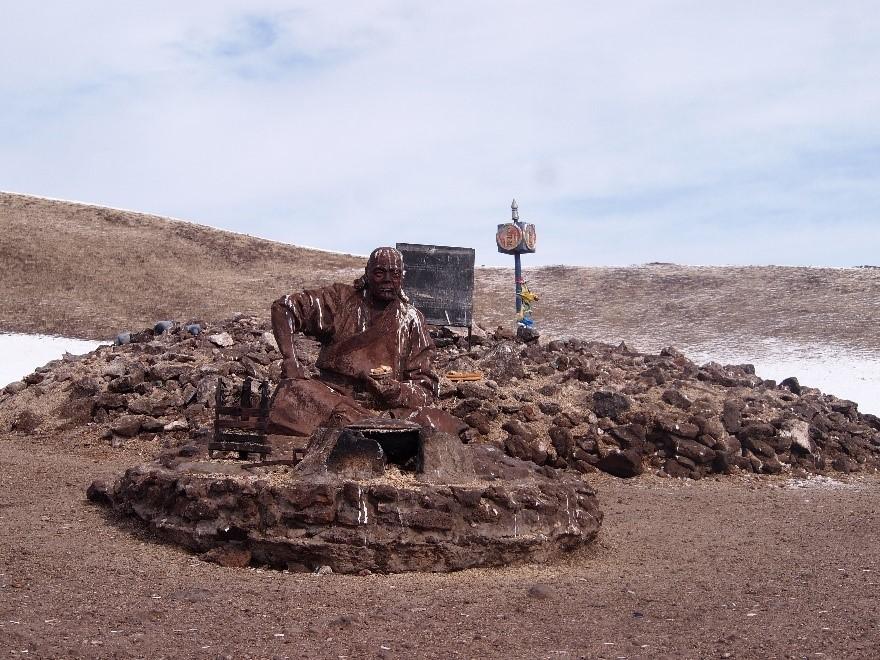
Graduate University for Advanced Studies (Sokendai-National Museum of Ethnology), Japan & Visiting Scholar, MIASU, University of Cambridge
Livestock exchange – “positive-depriving reciprocity“ in Mongolia
Mongols have positively regarded livestock stealers as a group of righteous thieves called "shiliin sain er" (good men of the plains) and "sain er" (good man). Livestock thievery is the taking of property, but anthropologically speaking, it can also be considered a type of "exchange". Marshall Sahlins presented the concept of "negative reciprocity," which seeks to benefit from the other party as opposed to "pure giving" or "generalized reciprocity," in which one gives generously and unilaterally (Sahlins 1972).
In a sense, empirically examining the literature review and fieldwork details from (i) the late Qing dynasty (late 19th century-1911), (ii) the socialist period (1924-1992), and (iii) the post-socialist period (1992-), I present livestock thieves could be considered as a kind of “negative reciprocity”. However, if the taking is mutually consensual, as in certain cases, it would not be considered “negative”. The presentation will also aim to propose the concept of “positive-depriving reciprocity” in which people take from each other as a kind of exchange.
PLEASE NOTE: The speaker will give the talk in Mongolian, and there will be an accompanying Powerpoint presentation in English
